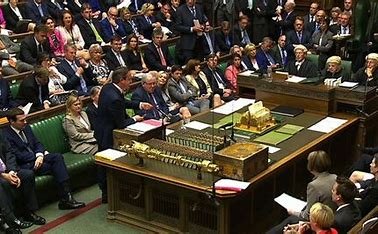Member of Parliament Introduces Bold Legislation to Tackle Climate Crisis
London, September 4, 2023 – In a move that promises to reshape the landscape of climate policy, Member of Parliament (MP) Sarah Mitchell introduced a comprehensive legislative proposal today aimed at addressing the pressing issue of climate change. The bill, titled the “Climate Action Act 2023,” outlines a series ofContinue Reading
